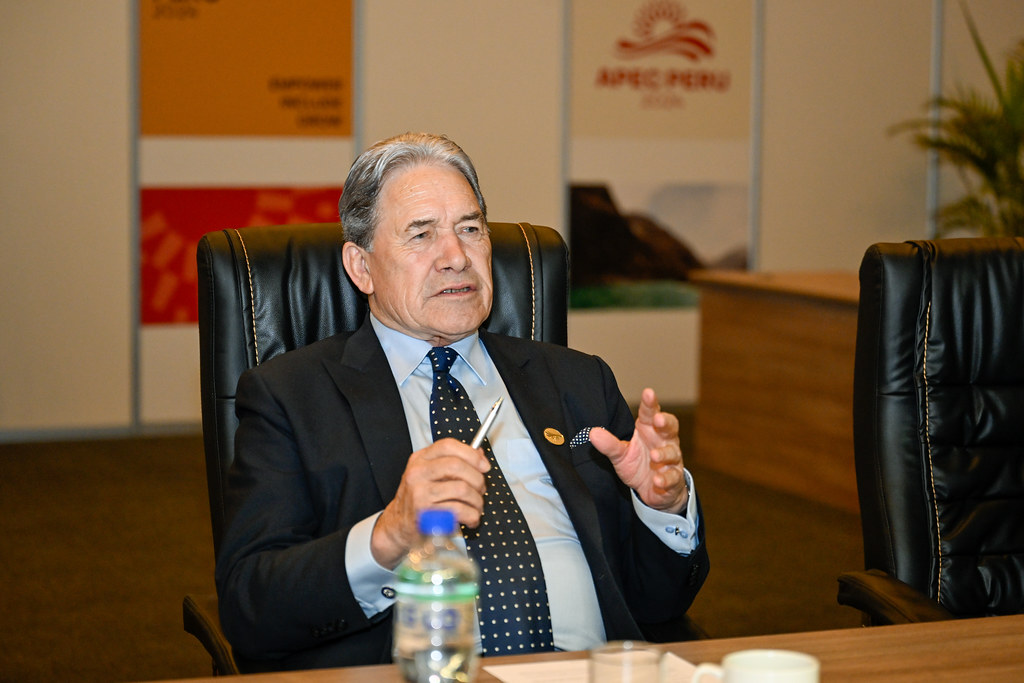ISLAMABAD – In a significant legal reversal, the Supreme Court of Pakistan has reinstated military trials for civilians, a decision that has sparked widespread concern over the erosion of fundamental rights in the country. This ruling, delivered by the Constitutional Bench on May 7, 2025, effectively reintroduces a controversial law first enacted during the regime of former President Ayub Khan in 1967, which permits the court-martialing of civilians.
The Supreme Court’s initial stance in October 2023 had rejected military trials, affirming that fundamental rights must be protected even in times of conflict. Justices Munib Akhtar and Ayesha Malik articulated that laws should uphold human rights amid turmoil; however, the recent ruling contradicts this position, raising alarms among legal experts and human rights advocates.
Under the Defence of Pakistan Ordinance, civilians could previously be detained based on vague allegations of jeopardizing public order. This law, once deemed oppressive and authoritarian, has now been revived, allowing military courts to adjudicate civilian cases. Critics argue that this undermines the civilian judicial system and signifies a retreat from democratic principles.
Justice Malik, in her earlier ruling, had highlighted that military courts often fail to provide fair trial standards, as they operate without transparency, and the rights of defendants can be severely curtailed in the name of national security. In contrast, the recent Supreme Court decision maintains that the right to a fair trial is sufficiently protected under the Army Act, but paradoxically calls for parliamentary action to enhance appeal rights for civilians. Legal analysts find this contradictory, questioning the integrity of a system that appears to offer rights contingent upon legislative approval rather than guaranteeing them unconditionally.
The decision has sparked a debate about the judiciary’s role and its credibility in Pakistan, especially in light of ongoing concerns regarding judicial independence. Critics point out the potential conflicts of interest inherent in a system where judges, appointed by governmental influence, adjudicate on matters involving the executive’s authority.
As Pakistan grapples with these developments, the implications are profound for the rule of law and civil liberties. The Supreme Court’s endorsement of military trials marks a pivotal moment in the nation’s legal landscape, prompting fears of a return to authoritarian practices and a diminishing faith in civilian judicial institutions. The future of judicial independence and the safeguarding of human rights in Pakistan now hangs in the balance, with many calling for robust advocacy and reforms to ensure that fundamental rights are not merely offered at the government’s discretion.



